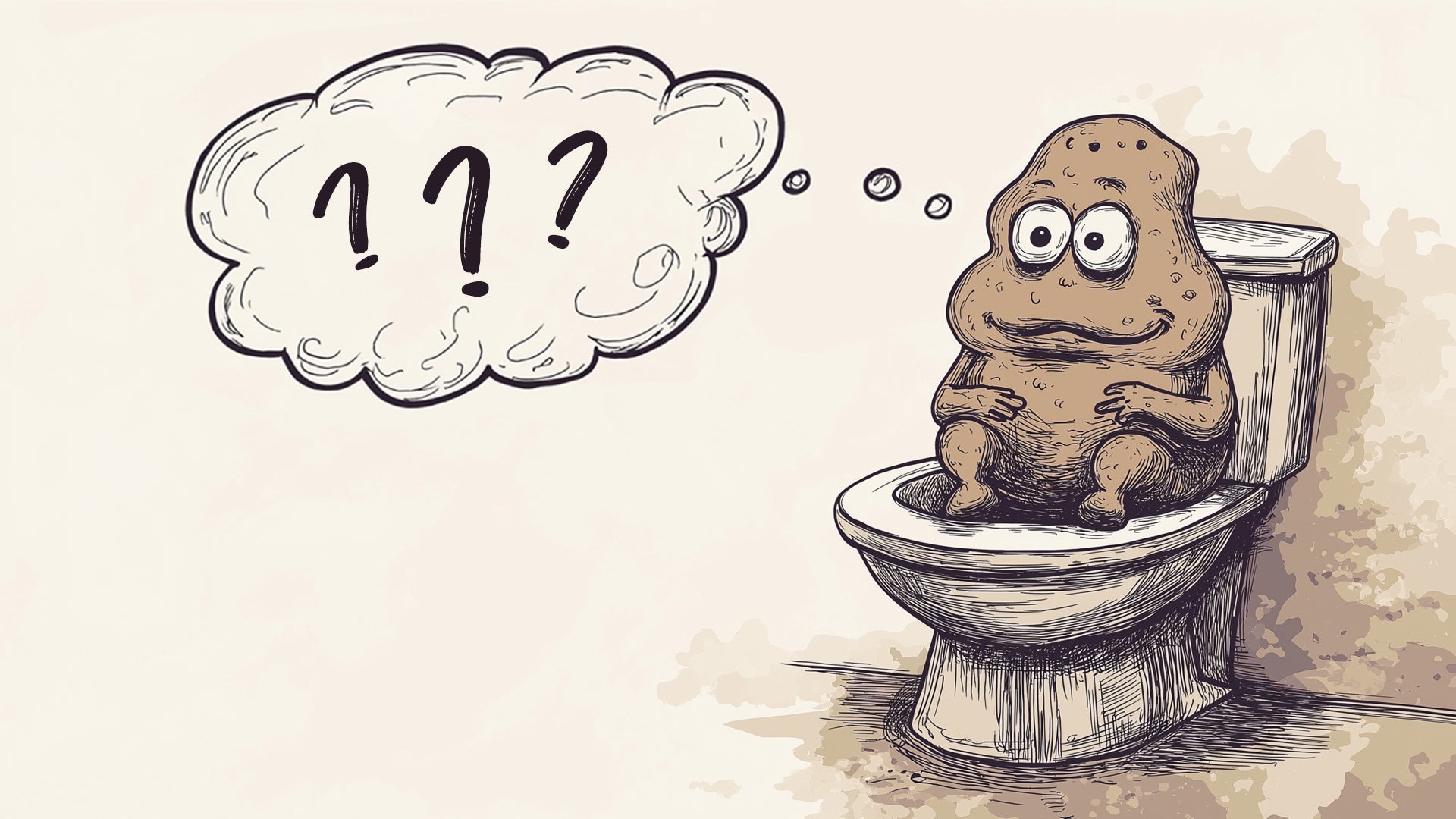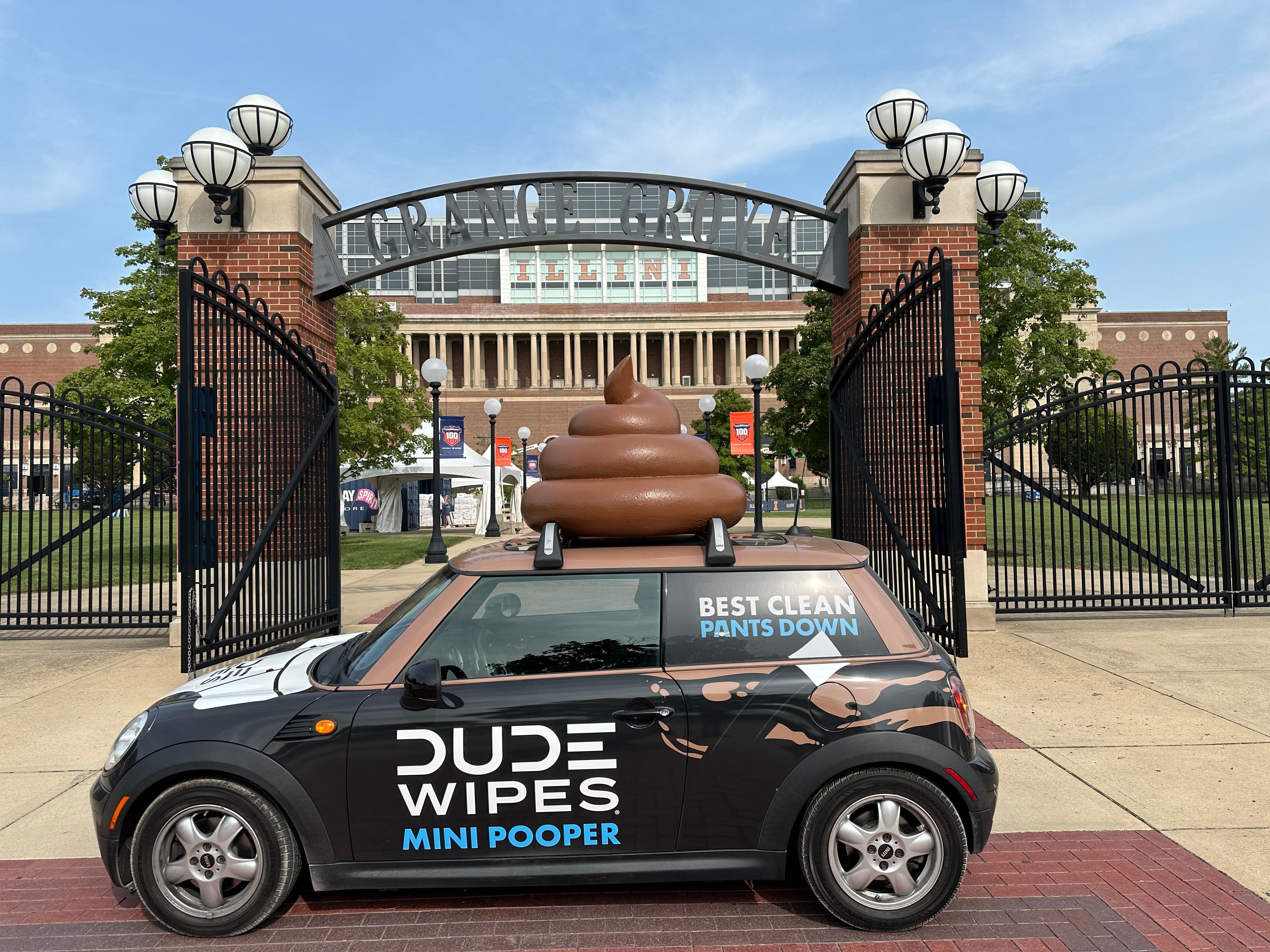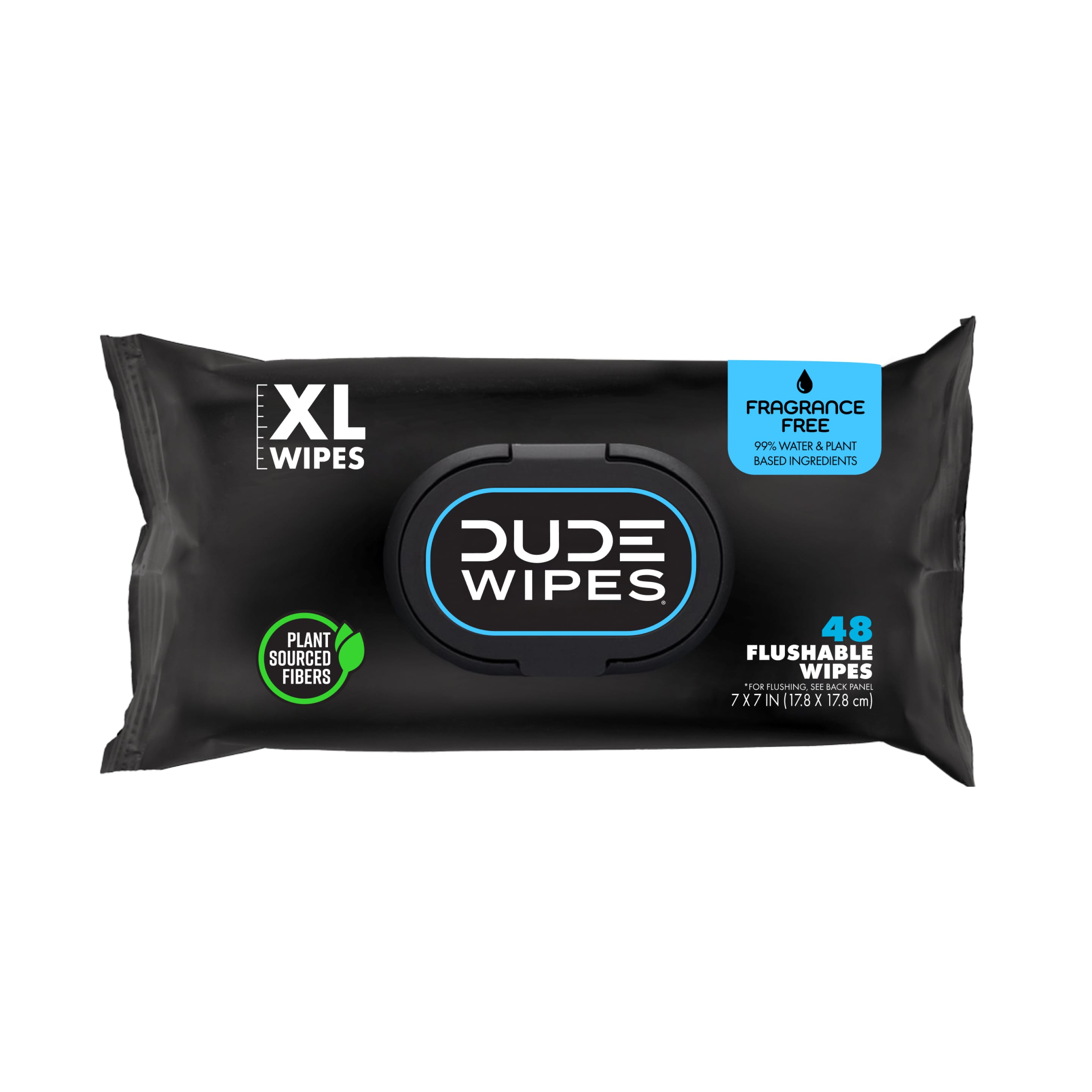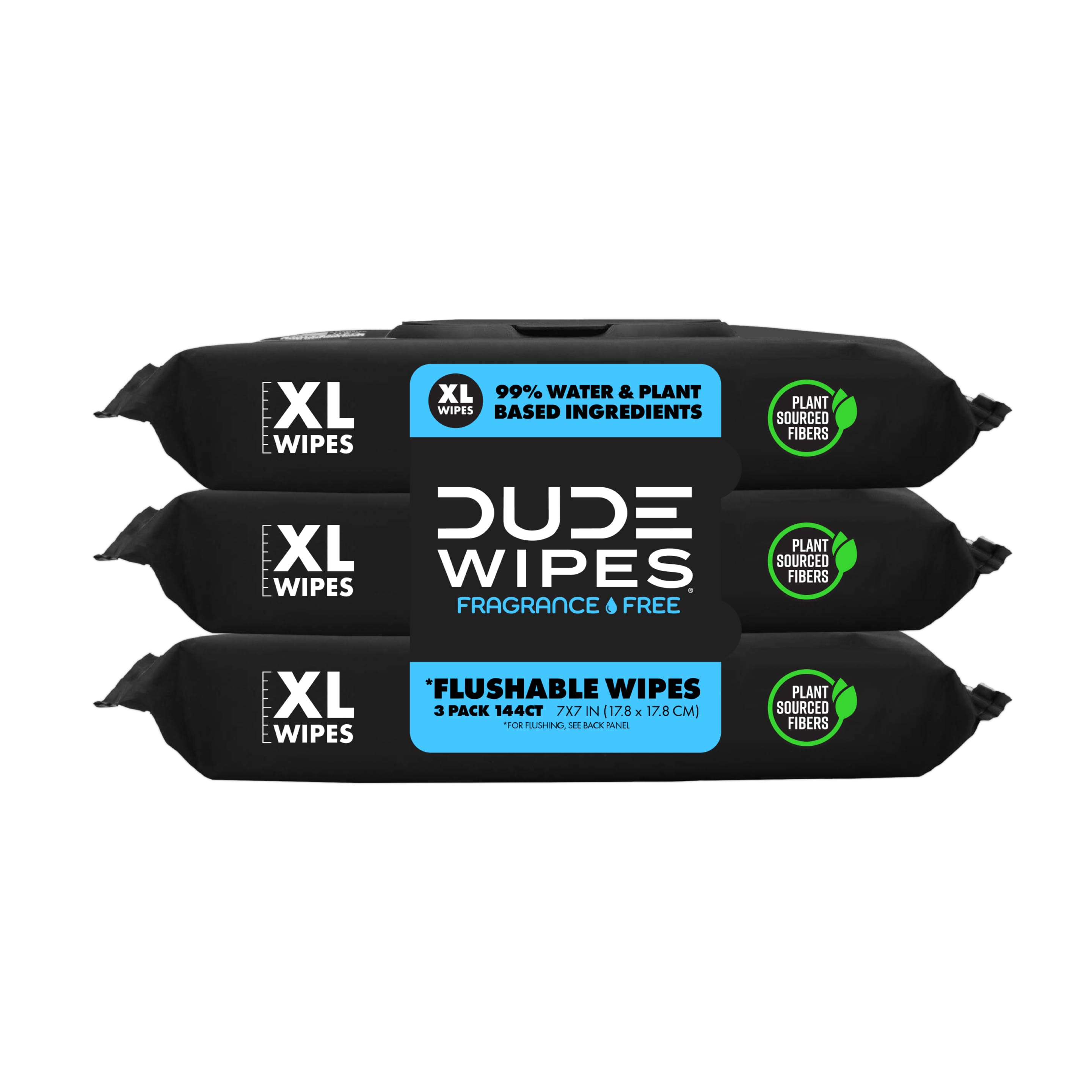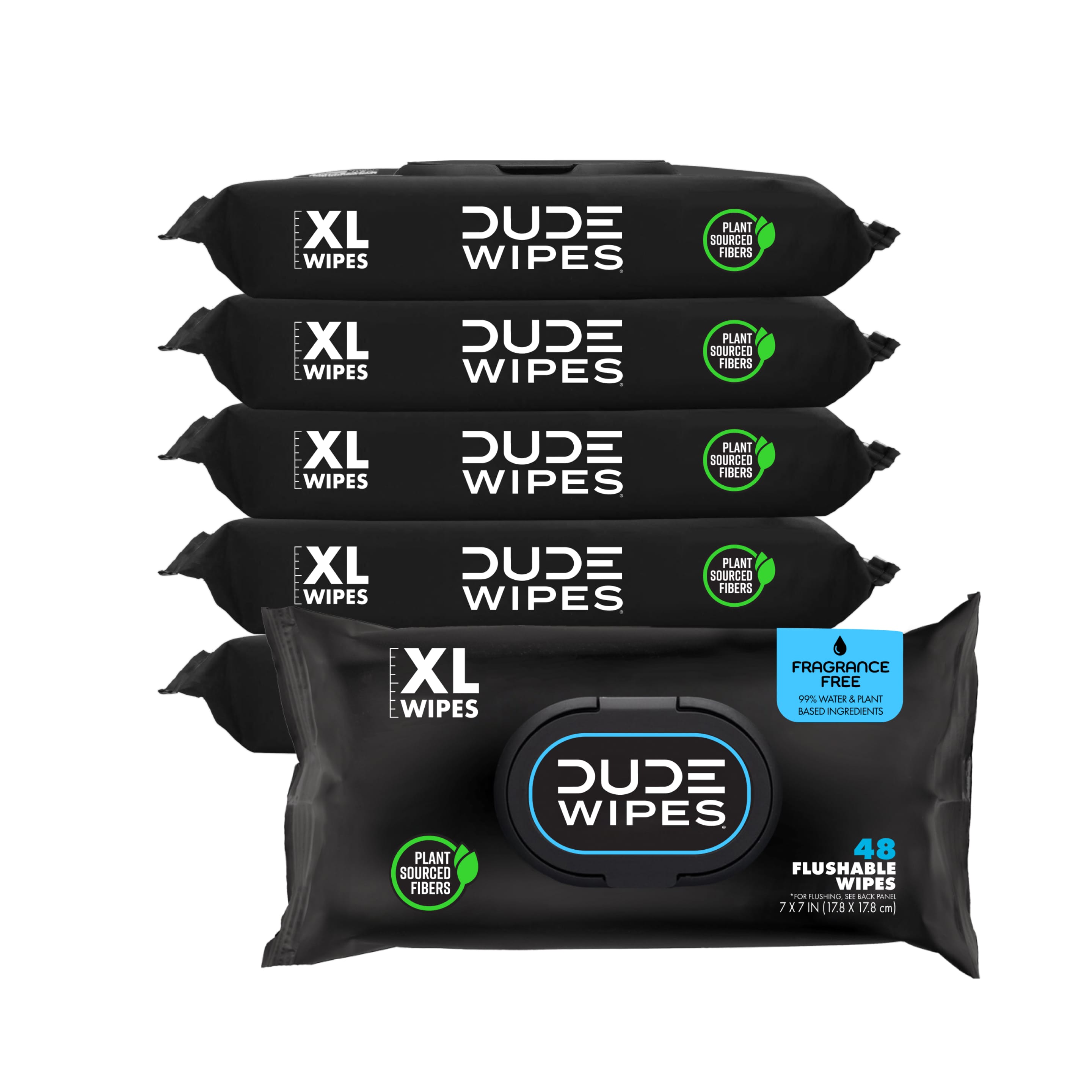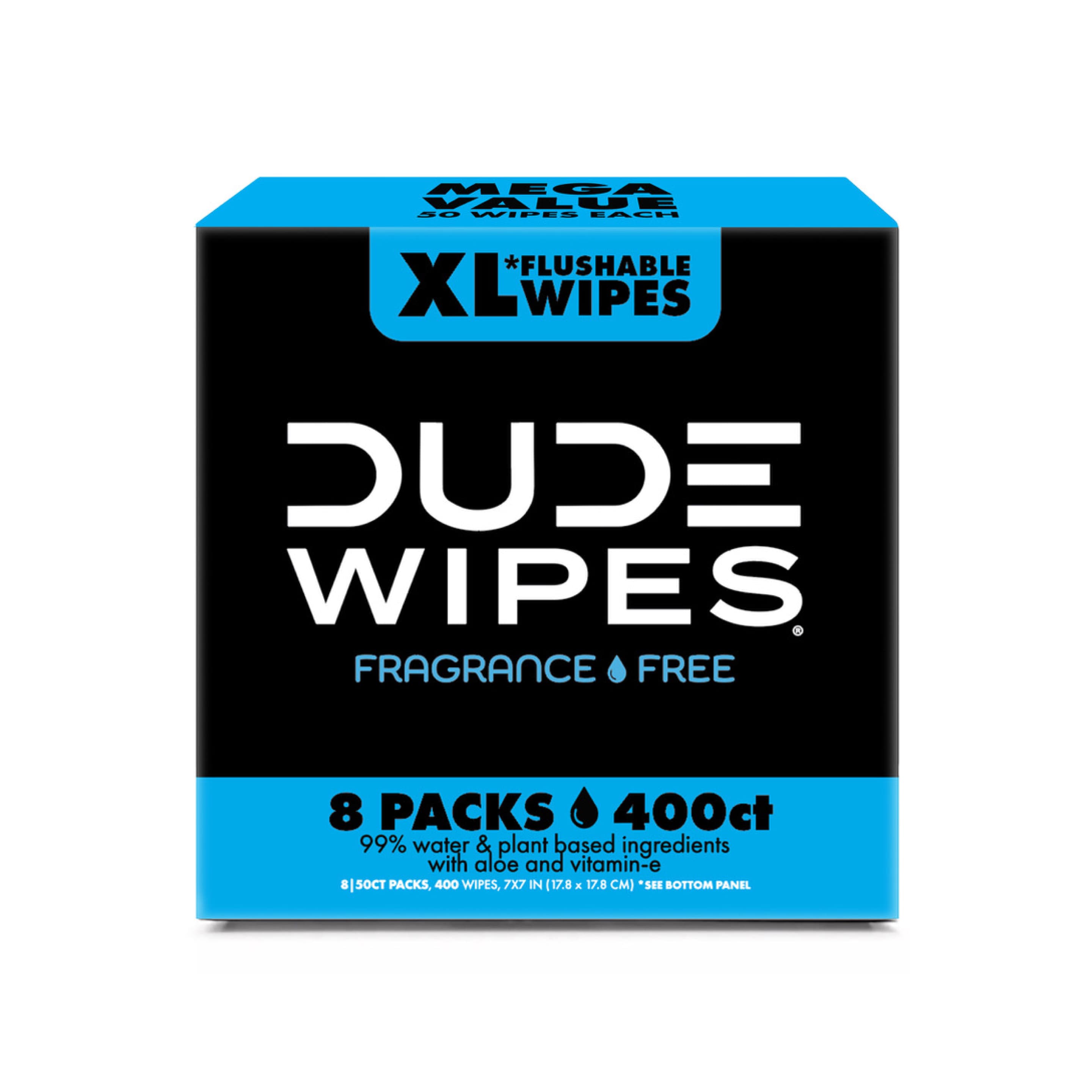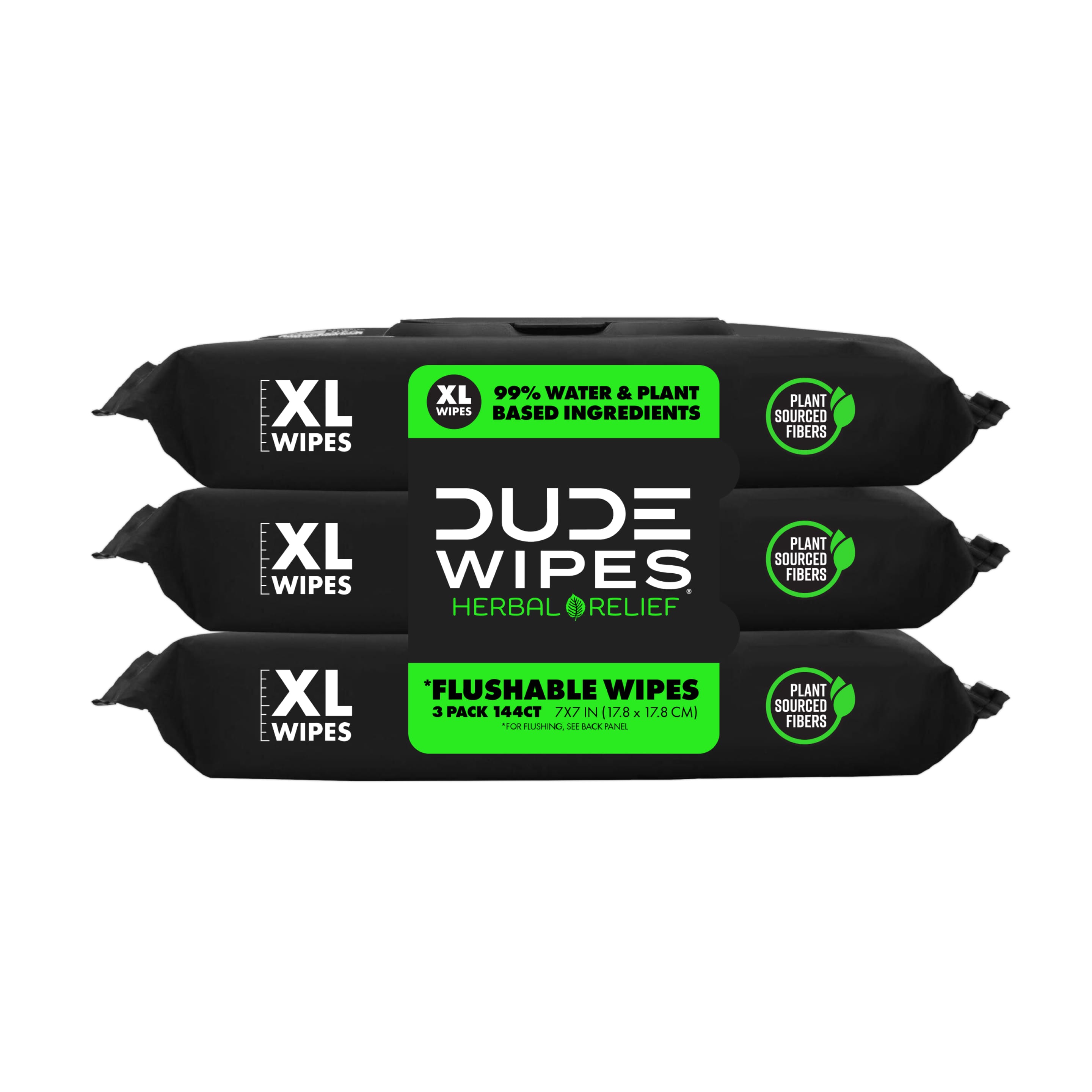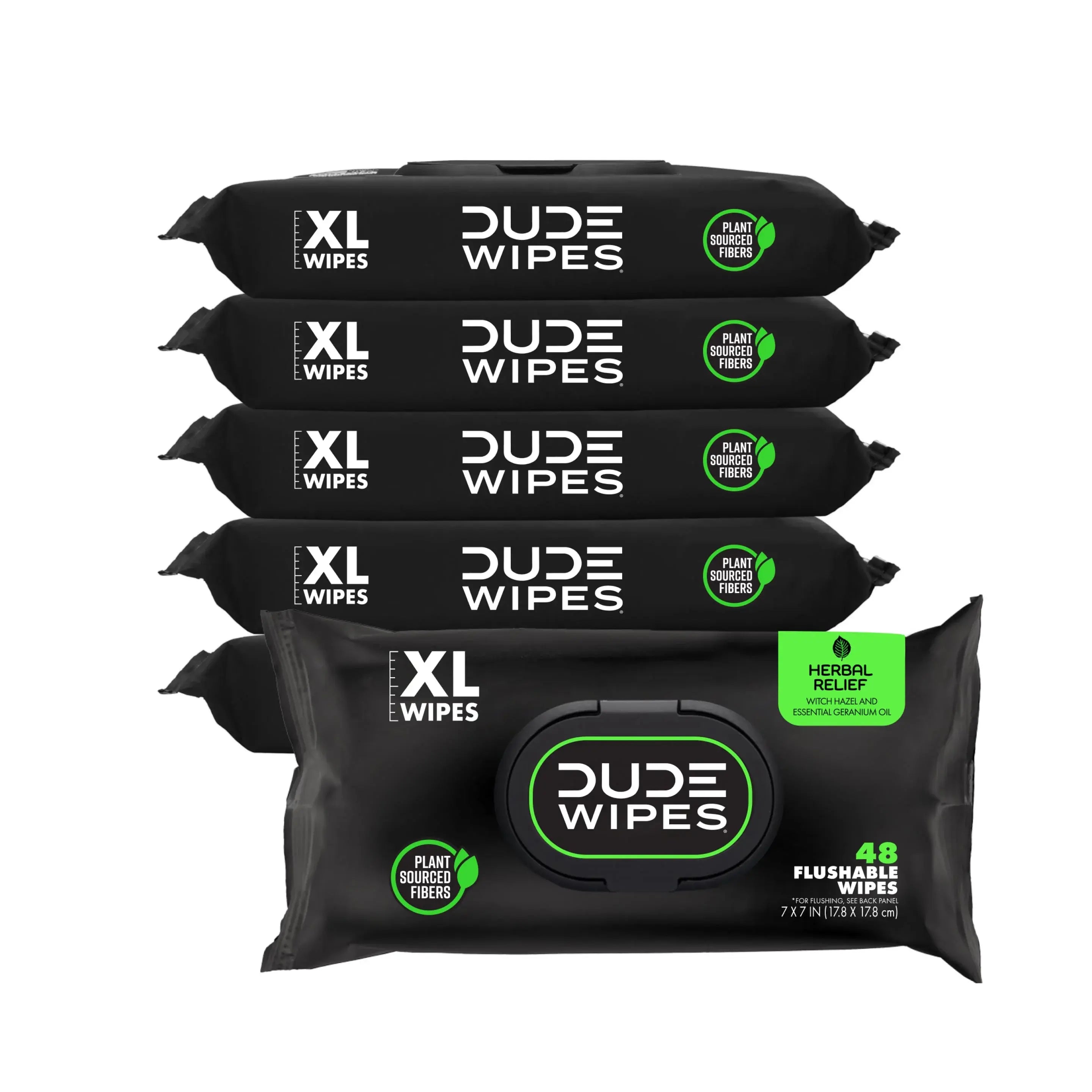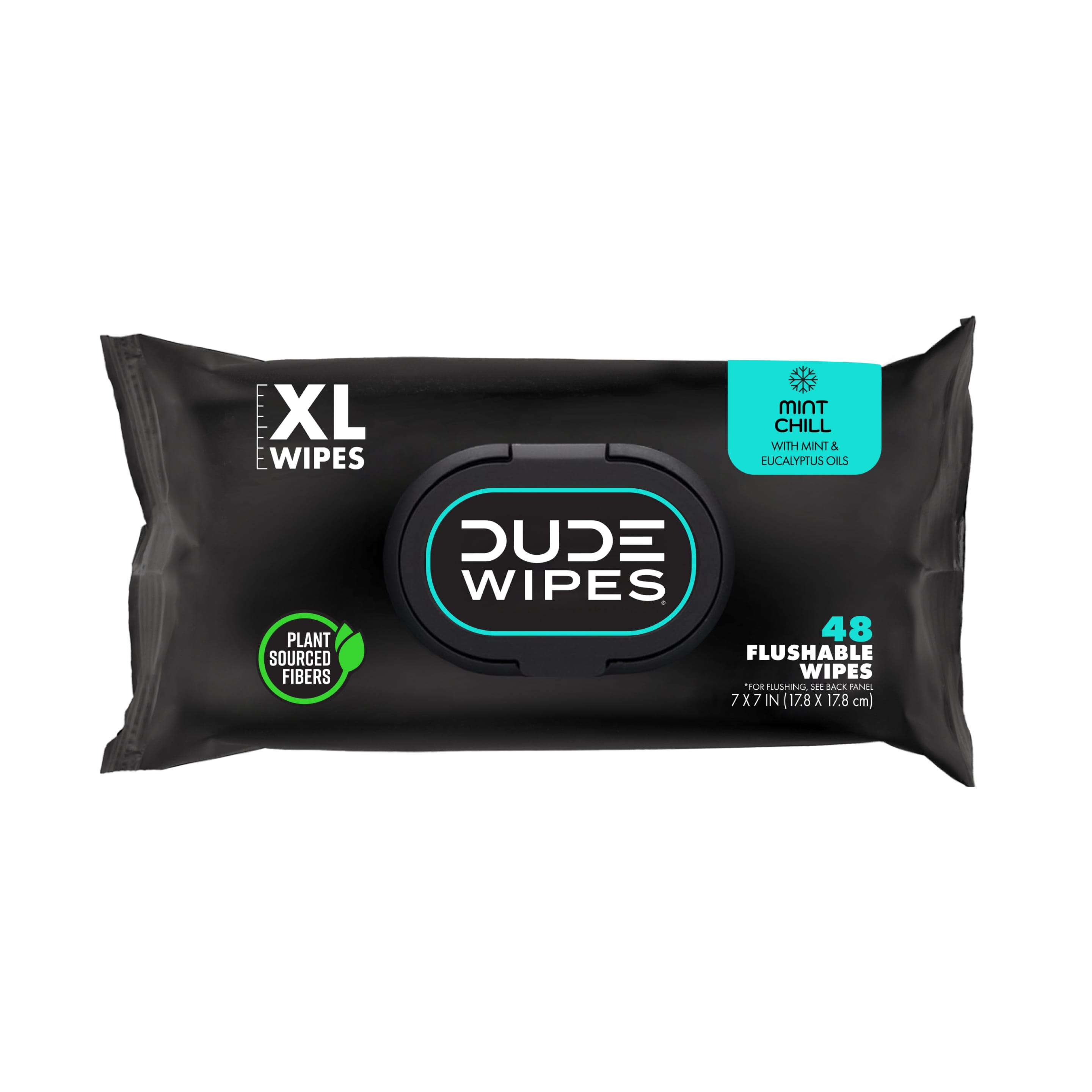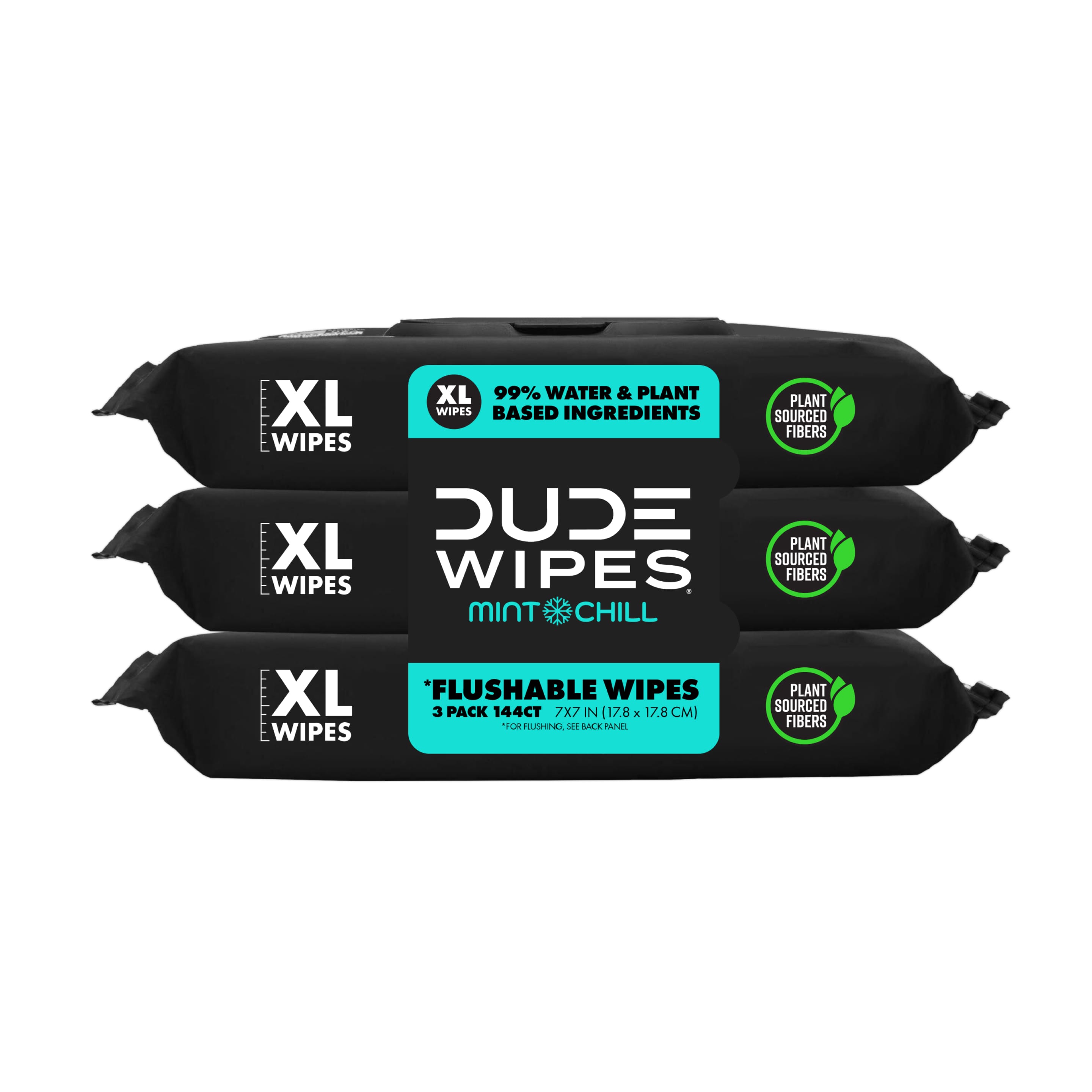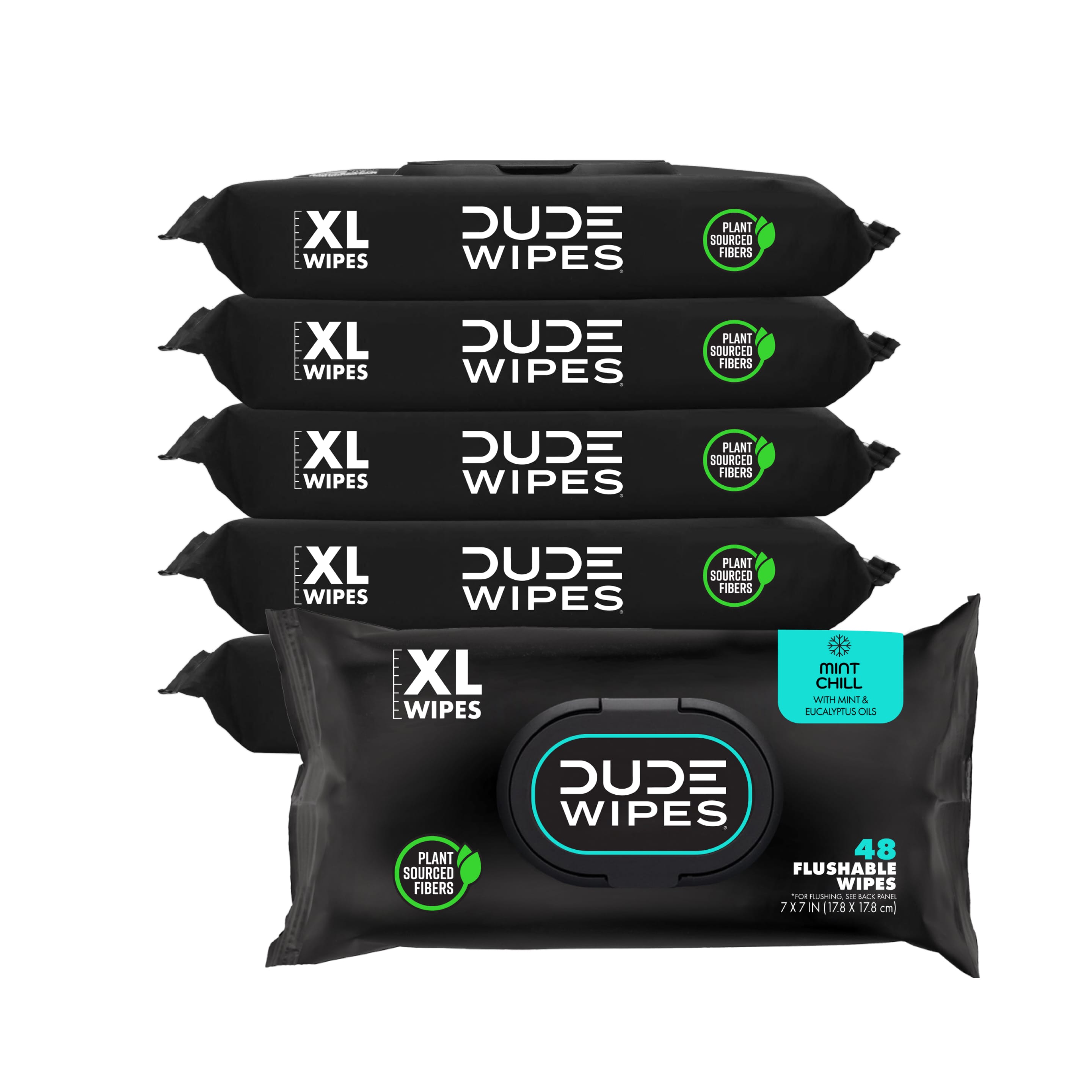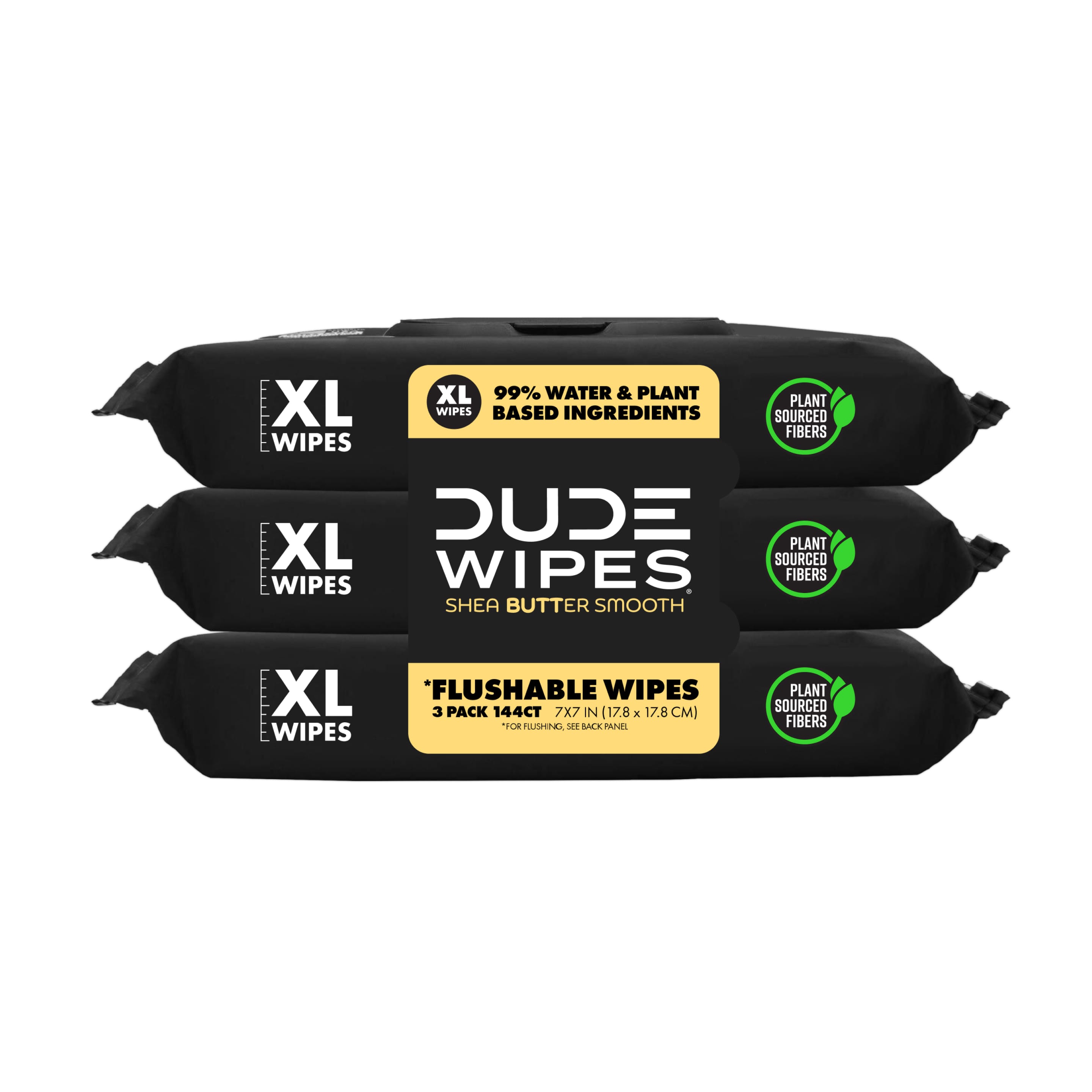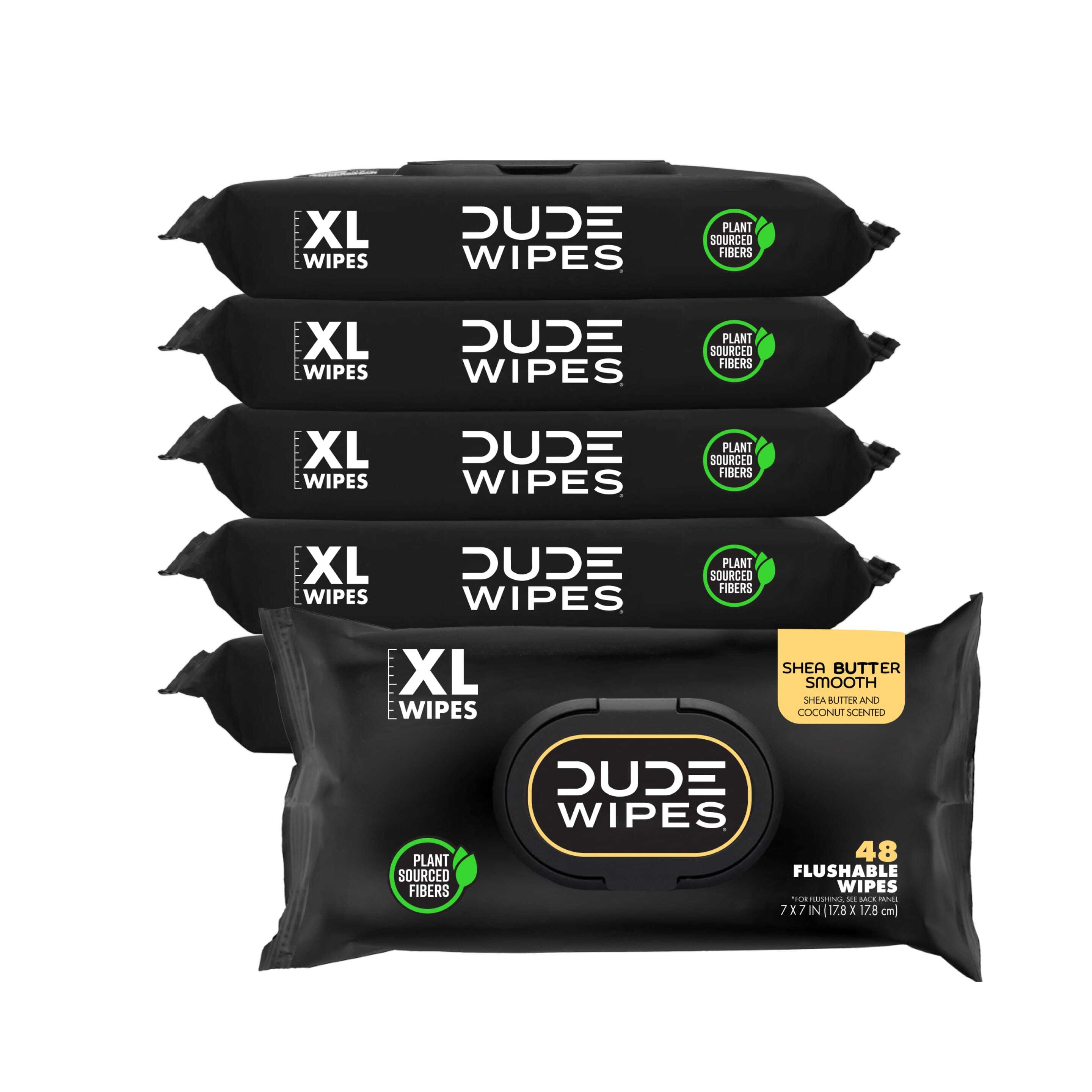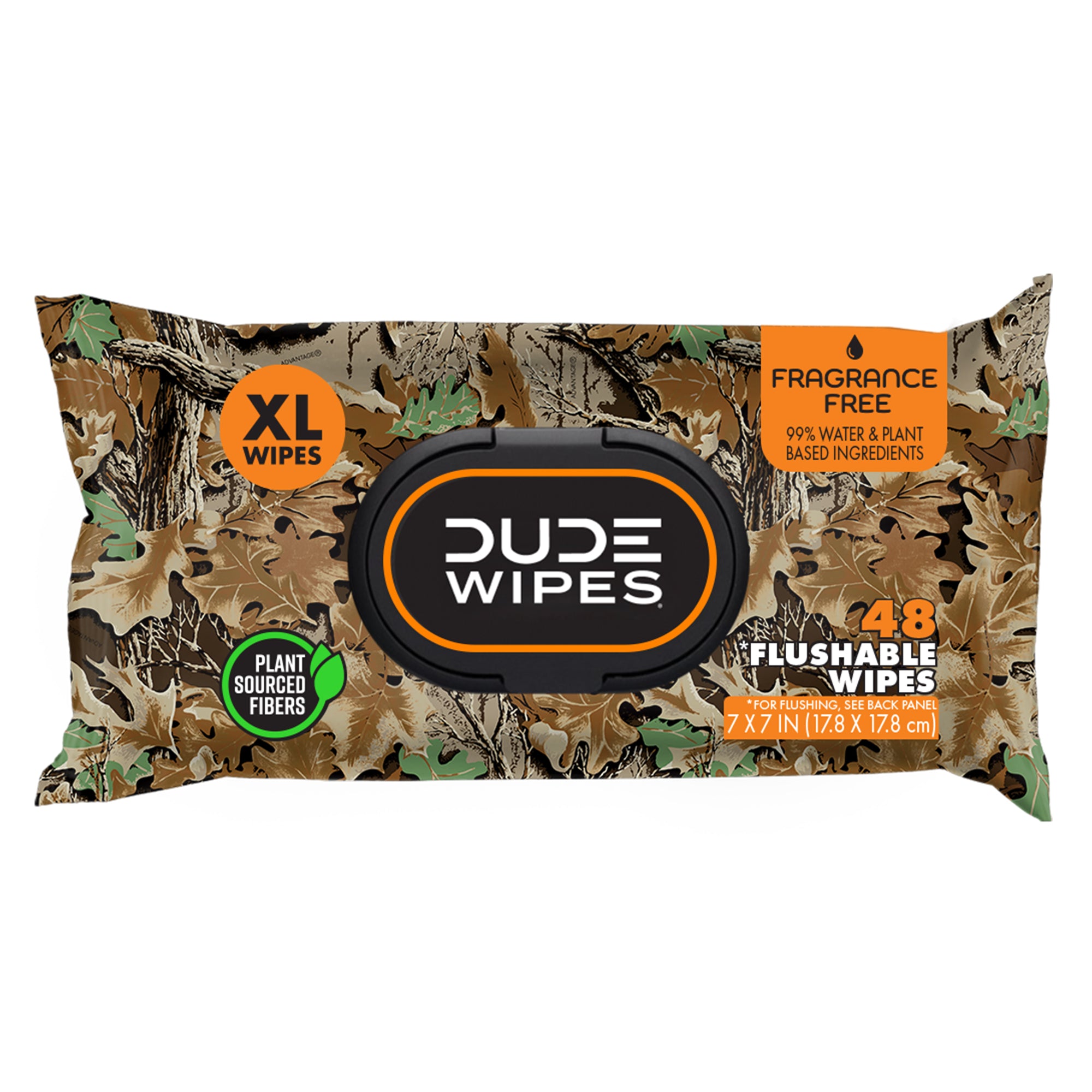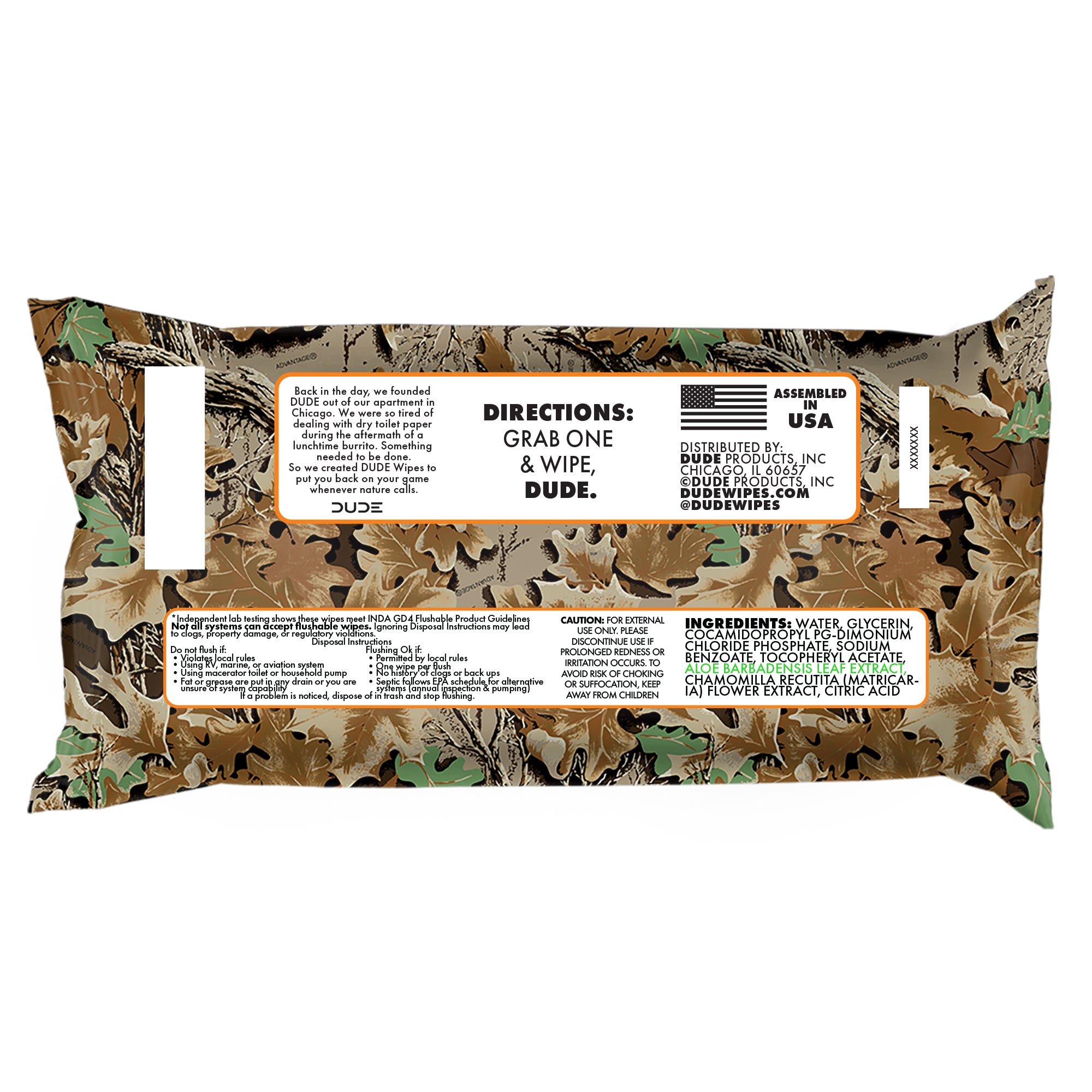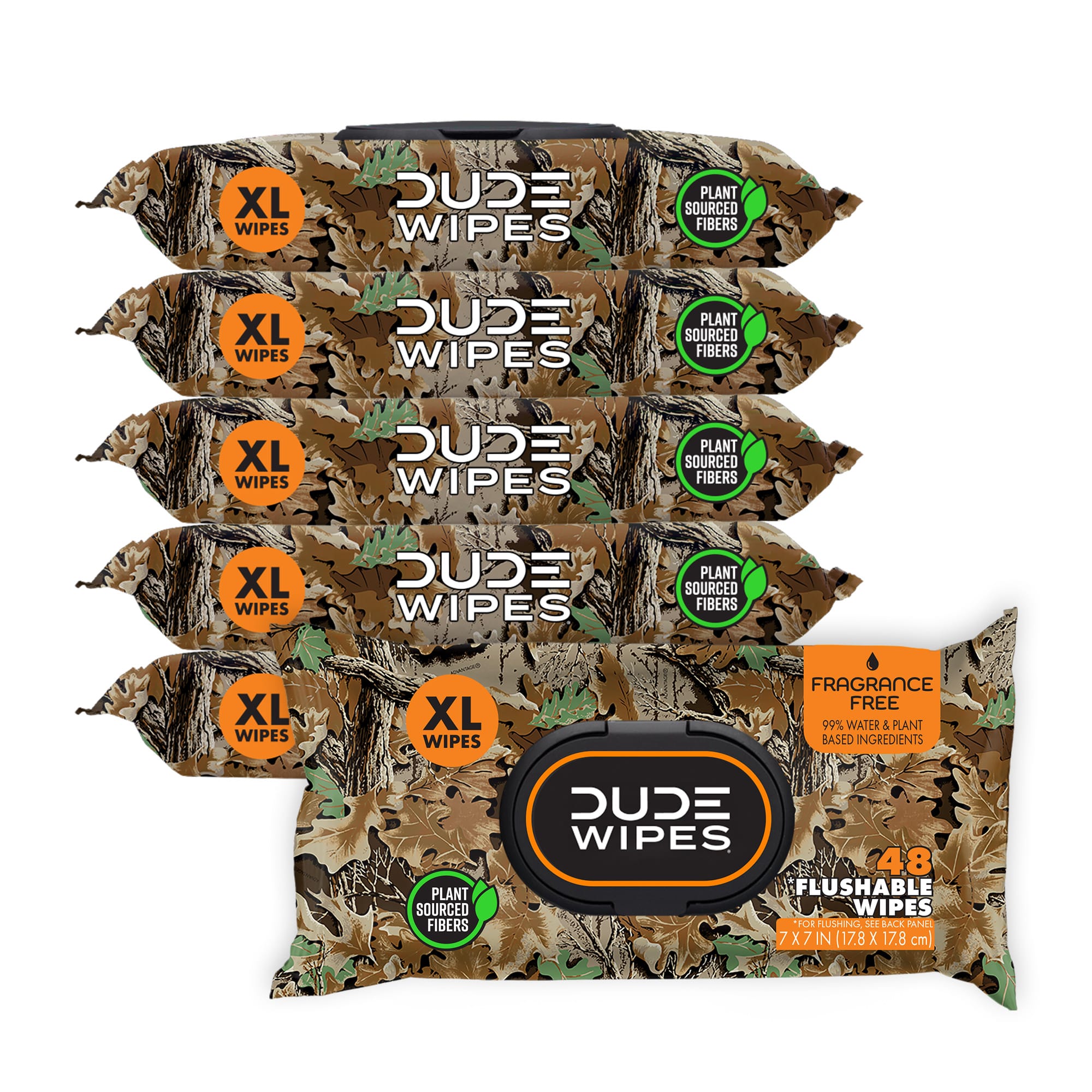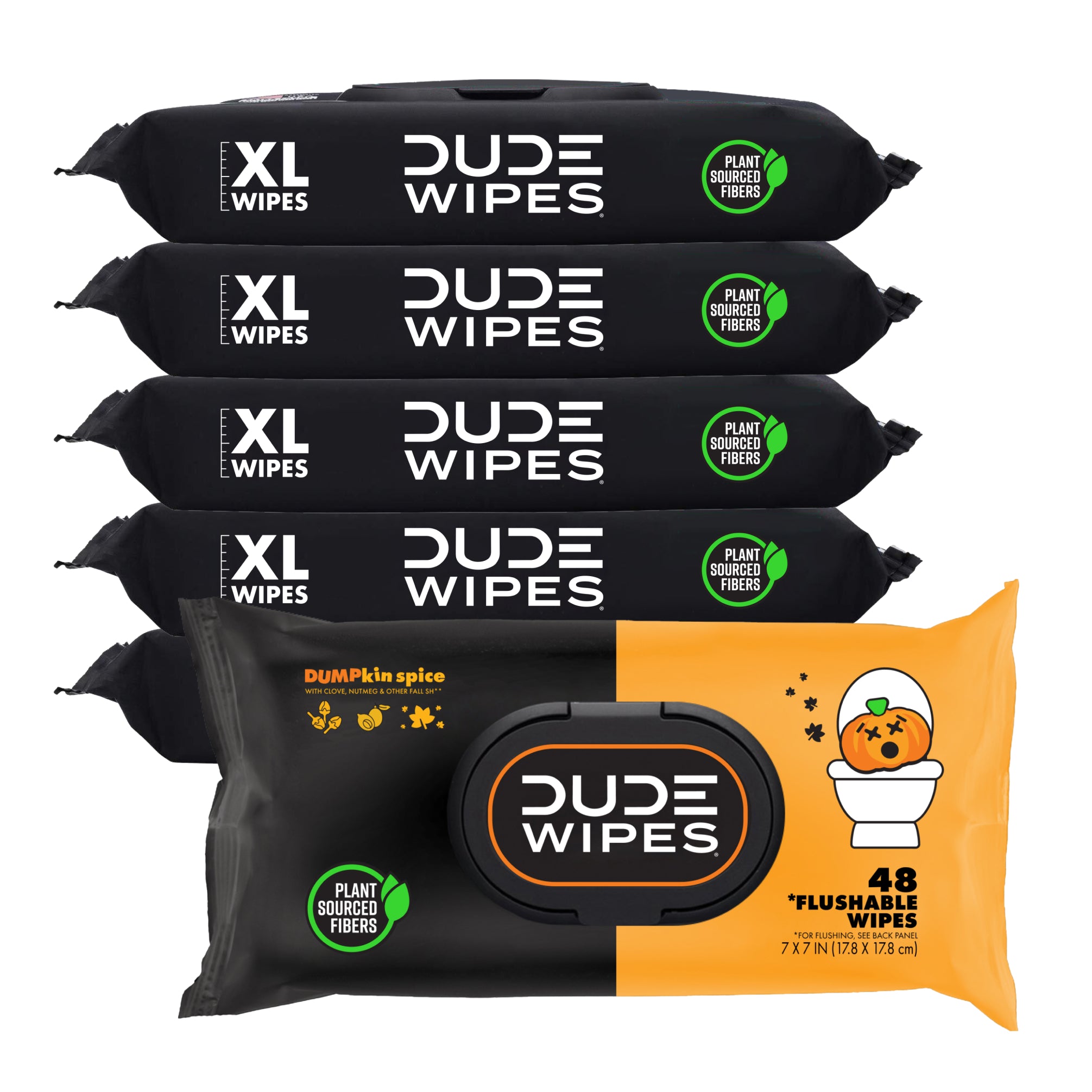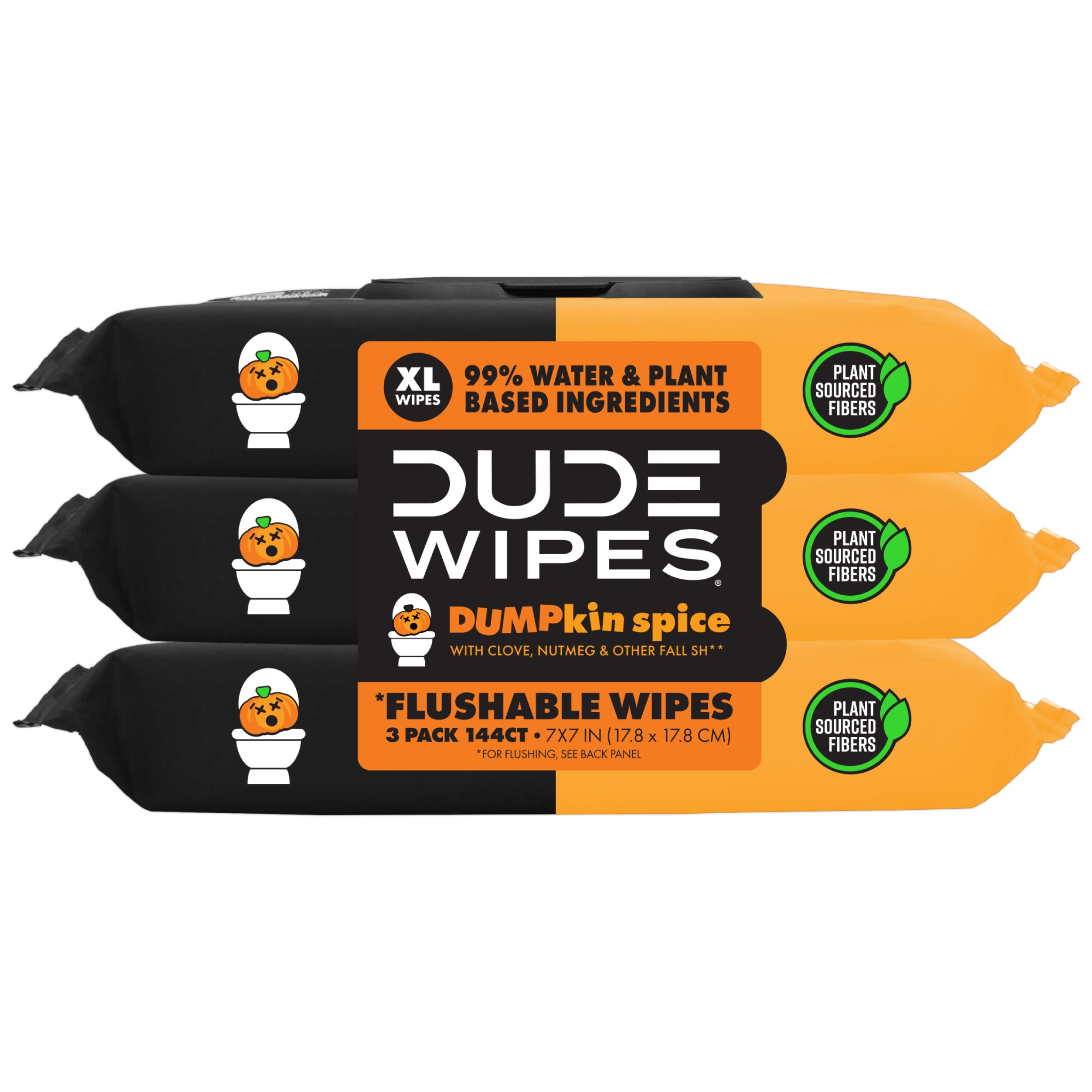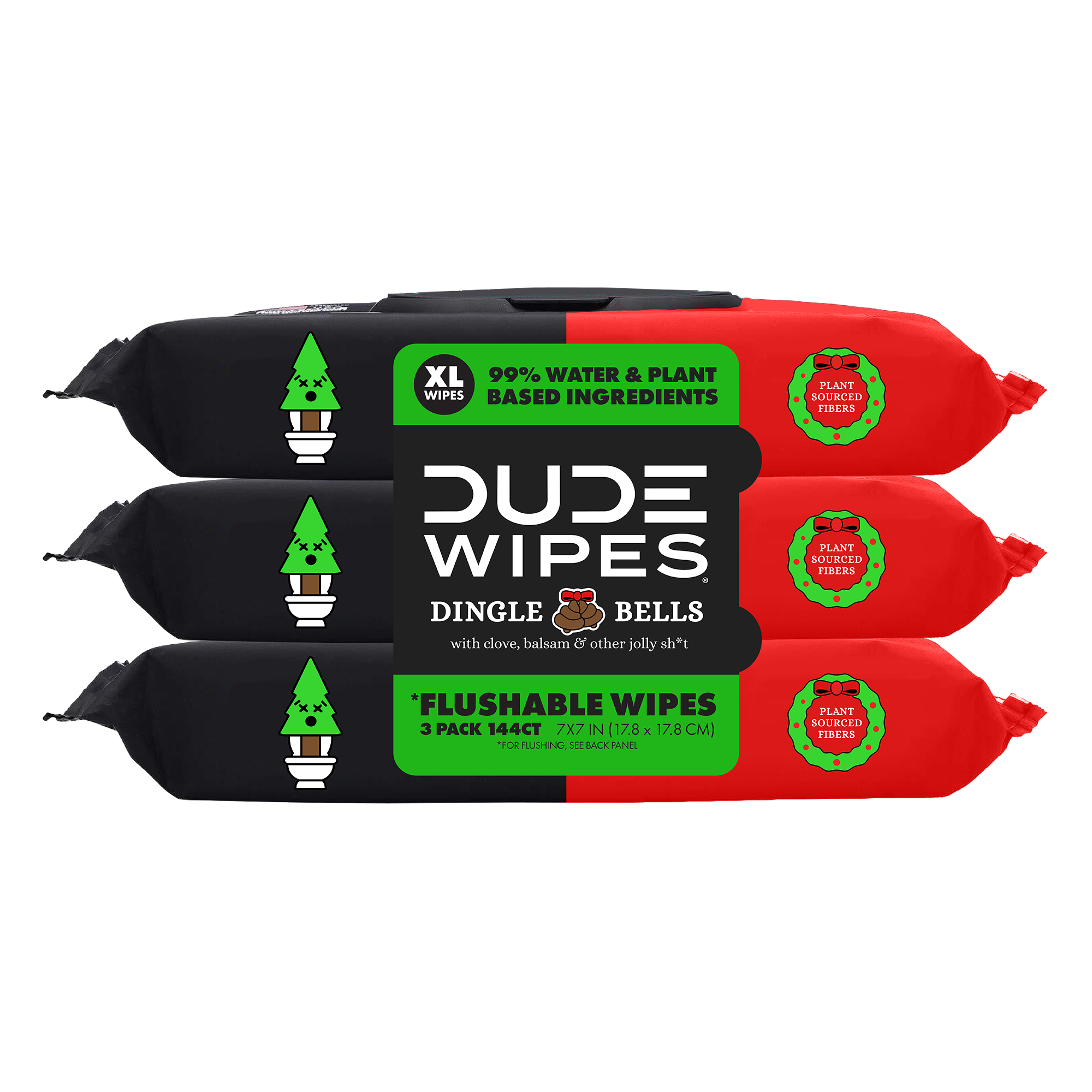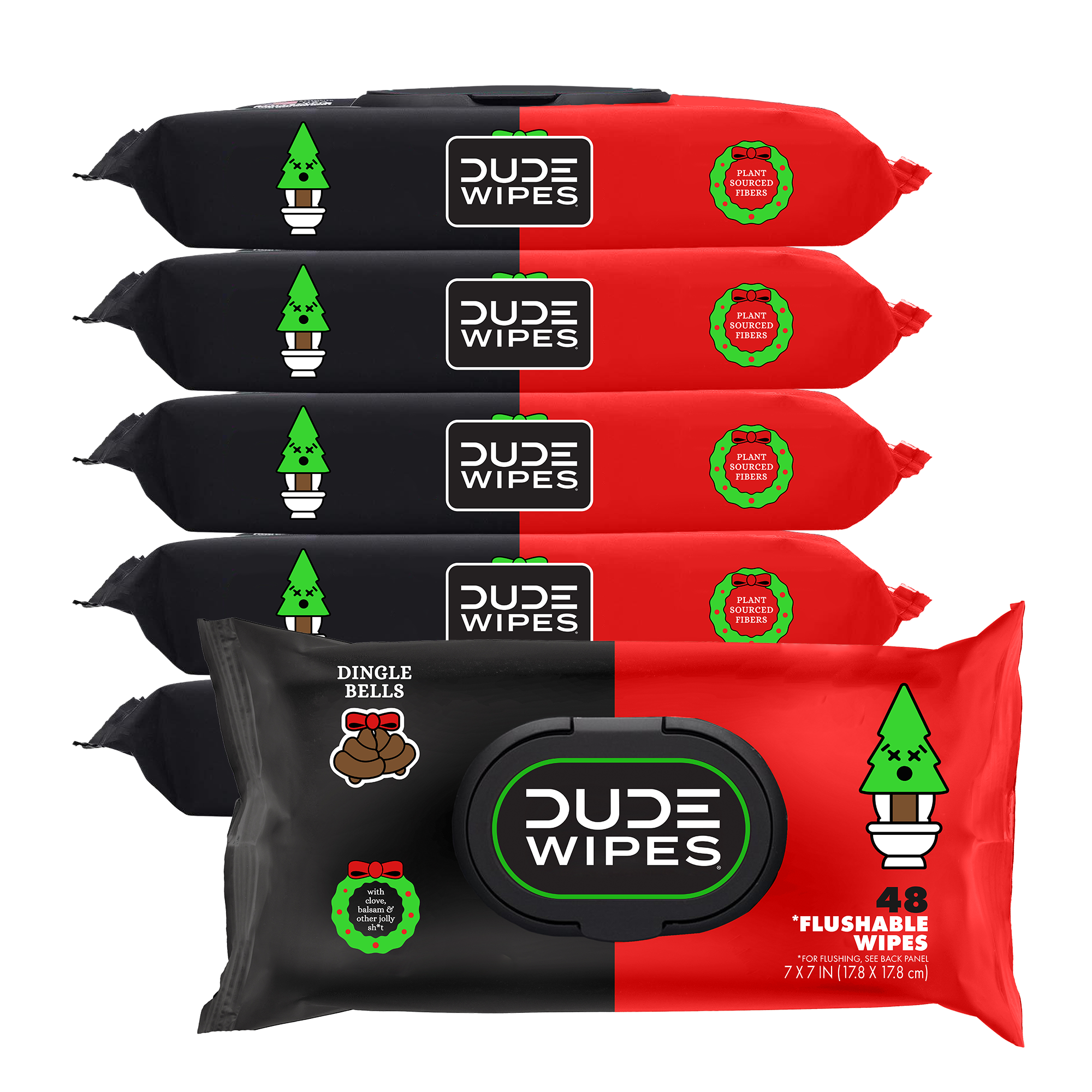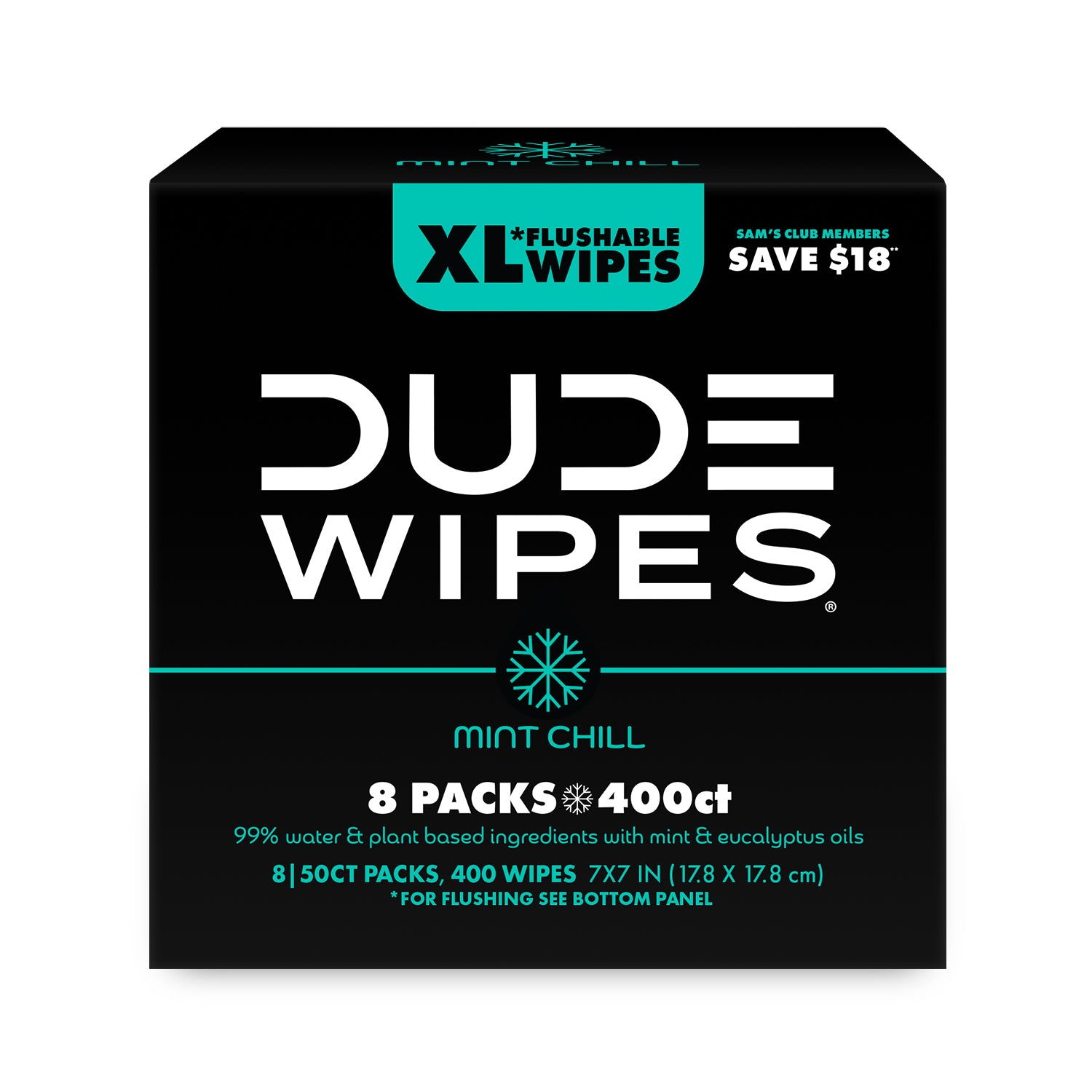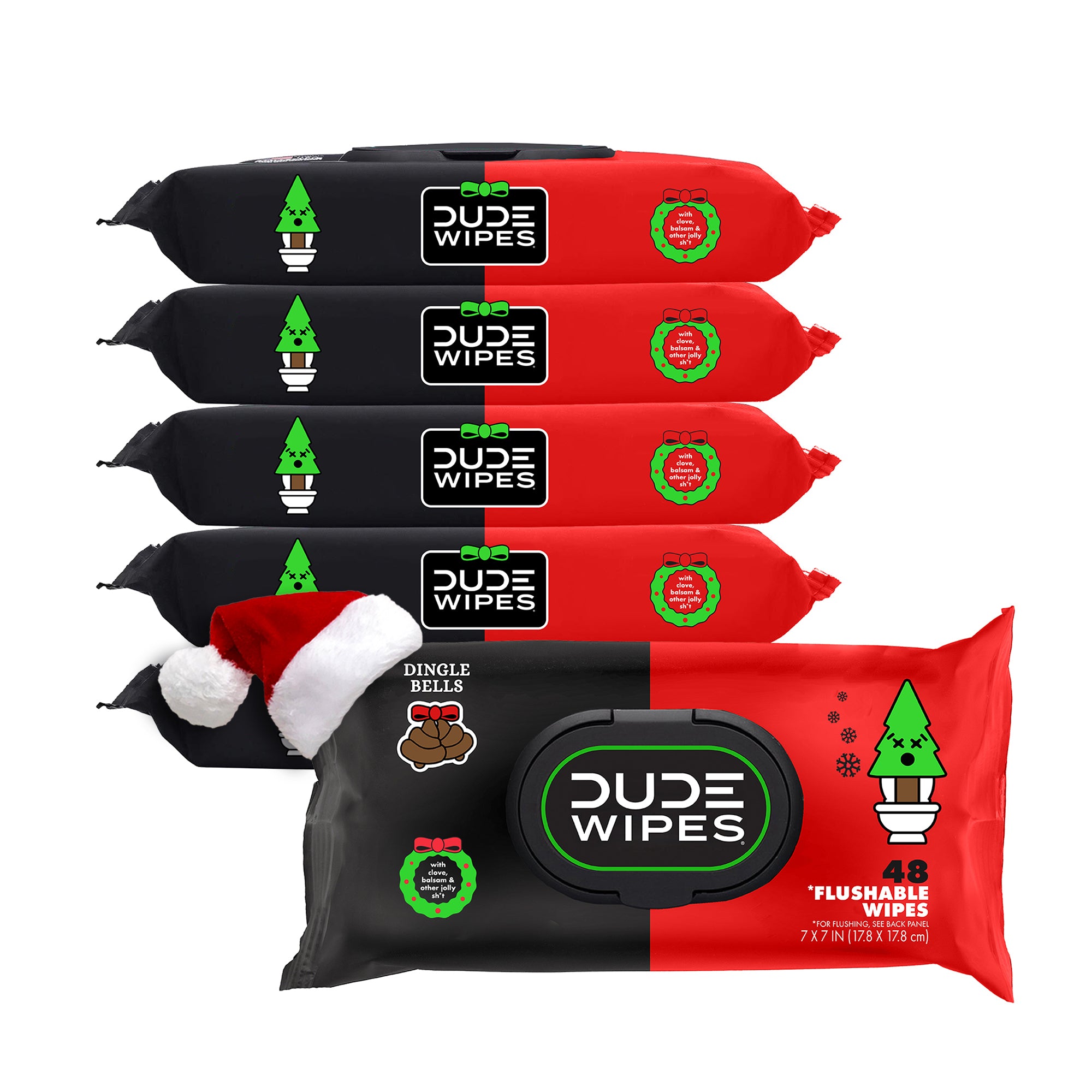Peanut butter is the MVP of the pantry. This creamy (or crunchy, if you're living on the edge) delight is somehow a breakfast staple, snack, and midnight craving all in one. Few DUDEs can resist the temptation of a PB&J or a spoonful straight out of the jar.
Butt one day you notice your deuces aren’t dropping as efficiently as you’d like. You think back to what you ate and immediately recall that thiccc dollop of nutty goodness you scarfed down for an afternoon snack.
So, could that jar of Jif be the reason you’re spending a little too much time in on the toilet, staring at your phone, waiting for something—anything—to happen?
We did the research to find out whether peanut butter can plug you up—and what to do about it.
Does Peanut Butter Cause Constipation?
The short answer: Probably not.
It’s tempting to assume that peanut butter’s thick, sticky consistency is to blame for clogging up your digestive system. But the truth is your bowel movements have less to to with the texture of your food and more to do with the nutrients inside them.
Peanut butter has a decent amount soluble and insoluble dietary fiber, both of which are natural laxatives that can actually trigger a bowel movement. Specifically, two tablespoons of peanut butter packs three grams of fiber—about 10% of your recommended daily dose of fiber.
Bottom line: Peanut butter is rarely the main culprit behind constipation. That said, if your diet is a dry, fiberless wasteland and you’re relying on PB to get by, don’t be surprised if you find yourself needing a little extra time to get things moving.
3 Reasons Peanut Butter Is Linked to Constipation
So, if peanut butter is packed with healthy fiber, why would you be constipated after eating it? Correlation doesn’t mean causation, so chances are there’s another factor at play. Here are three to consider.
1. Low Fiber Diet
A lack of dietary fiber is a leading cause of constipation. Sure, a spoonful of peanut butter delivers a decent amount of fiber, but it’s not nearly enough to sustain a healthy pooping pattern. The average dude needs at least 38 grams of fiber per day, so if you’re not meeting that quota, don’t be surprised if you’re firing blanks on the porcelain throne.
It’s also worth noting that not all varieties of peanut butter are equal. The cheap stuff is highly processed and often contains less fiber and more added guars as well as hydrogenated oils.
For example, two tablespoons of a classic peanut butter spread contains a measly 1.5 grams of fiber, compared to three grams in all-natural peanut butter.
Either way, you need to add more high-fiber foods to your diet if you want to conquer chronic constipation. Here are some other items to add to your grocery list:
- Whole grains
- Fruits
- Leafy greens
- Beans
- Lentils
2. Not Drinking Enough Water
If you don’t wash your peanut butter down with a glass of water, don’t be surprised if you can’t push it out the other end.
No matter how much fiber you force into your diet, being dehydrated will still leave you plugged up. Water keeps your intestines smooth and flexible, and keeps food moving through them. When you're parched, your colon soaks up water from your poop to maintain hydration, which can lead to hard, dry stools that are hard to squeeze out.
Most adults should aim to drink at least 10 glasses of water per day to maintain adequate hydration.
3. Peanut Intolerance
Peanuts have earned their place in the allergy hall of fame, but not everyone who reacts to them is at risk of a full-blown emergency room visit. Some folks have what you’d call a peanut intolerance, which is kind of like being allergic but without the drama.
With a peanut intolerance, you might feel queasy, get stomach cramps, or find yourself dealing with some less-than-pleasant bathroom situations like constipation—or the opposite—diarrhea.
Research suggests that these symptoms might not show up right away. You could be feeling fine, then an hour later, your body decides to remind you that peanuts aren’t on its friends list. So, if you’re reaching for that peanut butter and suddenly feel like you’re playing a game of digestive roulette, it might not be all in your head.
Can Peanut Butter Help You Poop?
Contrary to your instincts, peanut butter can actually promote healthy bowel movements—as long as it’s part of a healthy diet and plenty of hydration.
While PB isn’t exactly a fiber powerhouse, it does pack a few grams per serving. And let’s not forget those healthy fats, which can help keep things moving along.
Here’s how it works: fiber adds bulk to your stool, making it easier to pass, and the fats in peanut butter help lubricate your digestive system. Think of it as a well-oiled machine—literally.
But before you start scooping peanut butter by the spoonful like it’s a miracle cure, remember that moderation is key. Too much fat at once can actually slow things down, so keep it balanced. When combined with a diet that includes plenty of fruits, veggies, and whole grains, peanut butter can be the nudge your gut needs to keep things flowing smoothly.
We’ll Clean Up Your Peanut Butter Poops
The good news is you don’t have to swear off peanut butter to keep your digestive system in check. The not-so-good news is that you’re gonna rip a fat deuce at one point or another. Butt fear not. Whether your dumps are wet and wild or dense and dry, DUDE Wipes can handle the aftermath.
Much like your favorite peanut butter, DUDE Wipes always have a smooth finish. Next time you’re in the grocery store stocking up on Skippy, make a detour to the TP aisle and grab a pack.


